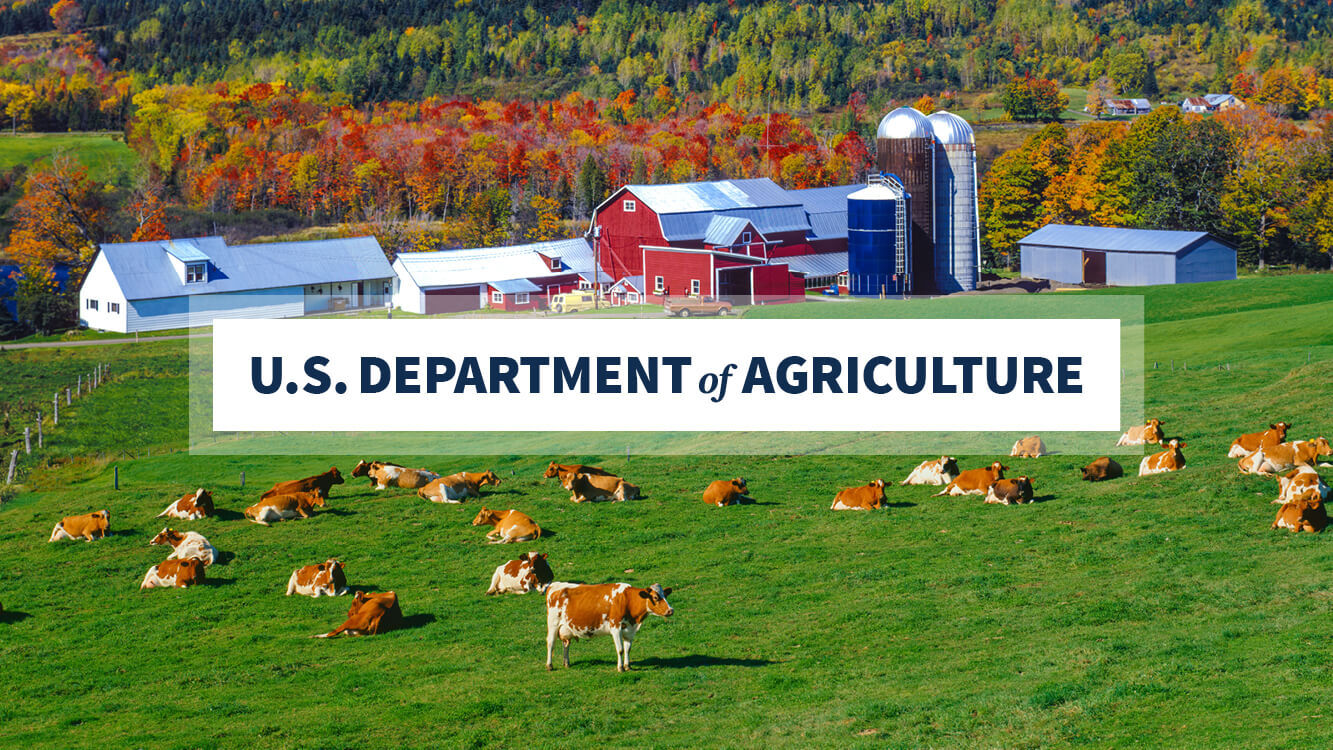
Credit: CC0 Public Domain
A high-sugar diet is seen as a risk factor for obesity and chronic illness. University of Bonn researchers have analyzed data on sugar intake among children and adolescents in a long-term study, finding that intake has been declining steadily since 2010—but is still above the level recommended by the World Health Organization (WHO).
The results are published in the European Journal of Nutrition.
“Our study concerns the intake of free sugars,” explains Dr. Ines Perrar, who is a research associate at the University of Bonn Institute of Nutritional and Food Science (IEL) and lead author of the study.
“There is debate on whether sugar, like salt and fats, is linked to the development of chronic diseases.” The WHO defines “free” sugar as any form of sugar, including honey, syrup and fruit juice concentrates, added by a manufacturer or when preparing food and beverages at home. Free sugar also includes sugar naturally occurring in juices.
For their project, IEL researchers analyzed data from the “Dortmund Nutritional and Anthropometric Longitudinally Designed” cohort study (DONALD).
The DONALD study has been ongoing since 1985, gathering detailed data on nutrition, metabolism, growth and health of children and adolescents. “Study participants weigh and document everything they eat and drink on three consecutive days every year,” says Dr. Ute Nöthlings, Professor of Nutritional Epidemiology at the IEL.
“Referring to our Institute’s in-house nutrient database, we are able to estimate intake of certain nutrients, including free sugars.”
Sugar intake too high among adolescents in particular
The authors evaluated 4,218 sets of three-day weighing dietary records by 751 children and adolescents between ages three and 18 in the years 2010–2023.
“Our finding is that free sugar intake continues to decline,” Dr. Perrar notes, “but average daily intake still exceeds the level recommended by the WHO and the German Nutrition Society (Deutsche Gesellschaft für Ernährung, DGE) of a maximum 10% of total daily energy intake.”
An analysis of DONALD back in 2019 already indicated that free sugar intake has been declining since 2005, then in 2016 a median value of approximately 16% of daily energy intake was determined. That value has subsequently declined further to 11.7%.
The researchers surmise this trend may be explained by increased awareness of the health consequences of excessive consumption of sugar-sweetened beverages and certain other sugary foods.
While the decline definitely represents good progress, there are noteworthy age group differences, as Professor Nöthlings points out, who is director of the DONALD study, spokesperson for the Transdisciplinary Research Area (TRA) Sustainable Futures and a member of the Life and Health TRA at the University of Bonn: “During the observation period, we saw a relatively high intake of free sugars, around 15% of the daily energy intake in some cases, particularly among adolescents aged six to 14. The intake then declines significantly with increasing age.”
Actual sugar intake likely higher
The findings affirm the purpose of the ongoing federal government policy initiative to lower sugar content in breakfast cereals, sweetened dairy products, soft drinks and fruit drinks by 15% or more by the year 2025.
The researchers point out that the actual sugar intake is likely higher than the study data suggests, due in part to potential under-reporting by the study participants self-reporting on what they eat. In addition, the study is not broadly representative of society, as the design of this large study favors participation by families of a rather higher socioeconomic status who are generally more aware regarding nutrition and health issues.
More information:
Ines Perrar et al, Intake of free sugar among children and adolescents in Germany declines – current results of the DONALD study, European Journal of Nutrition (2024). DOI: 10.1007/s00394-024-03456-1
Citation:
Sugar intake among children decreasing but still too high, study indicates (2024, August 12)
retrieved 19 August 2024
from https://medicalxpress.com/news/2024-08-sugar-intake-children-decreasing-high.html
This document is subject to copyright. Apart from any fair dealing for the purpose of private study or research, no
part may be reproduced without the written permission. The content is provided for information purposes only.
Note: This article have been indexed to our site. We do not claim legitimacy, ownership or copyright of any of the content above. To see the article at original source Click Here












